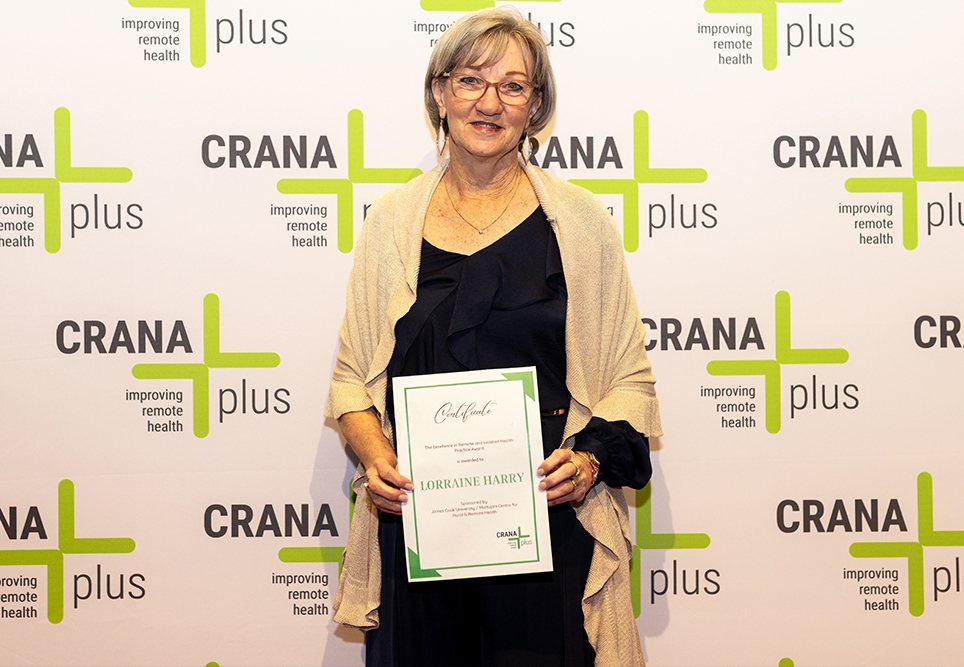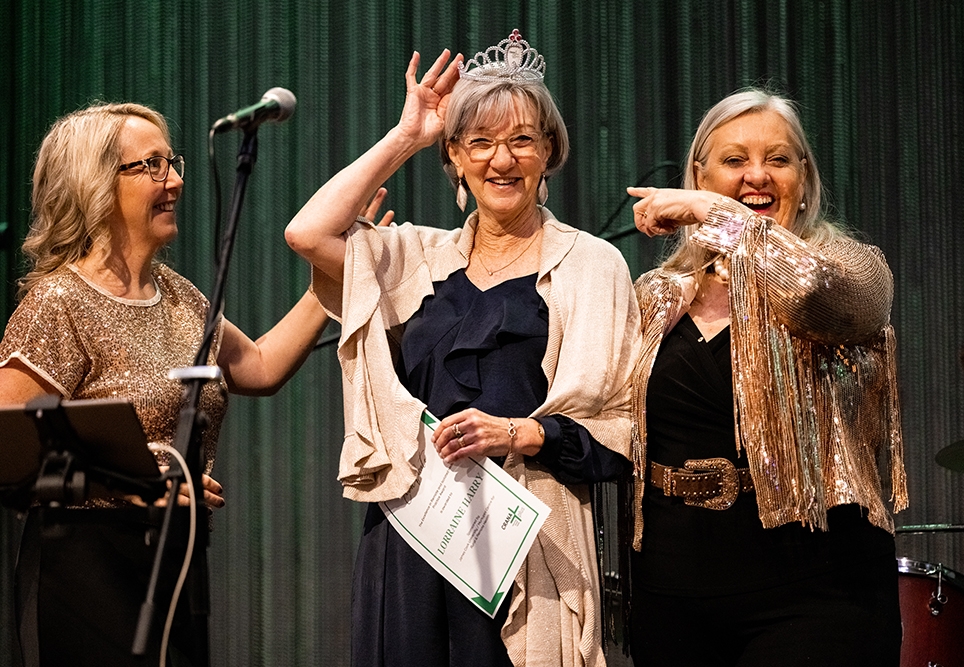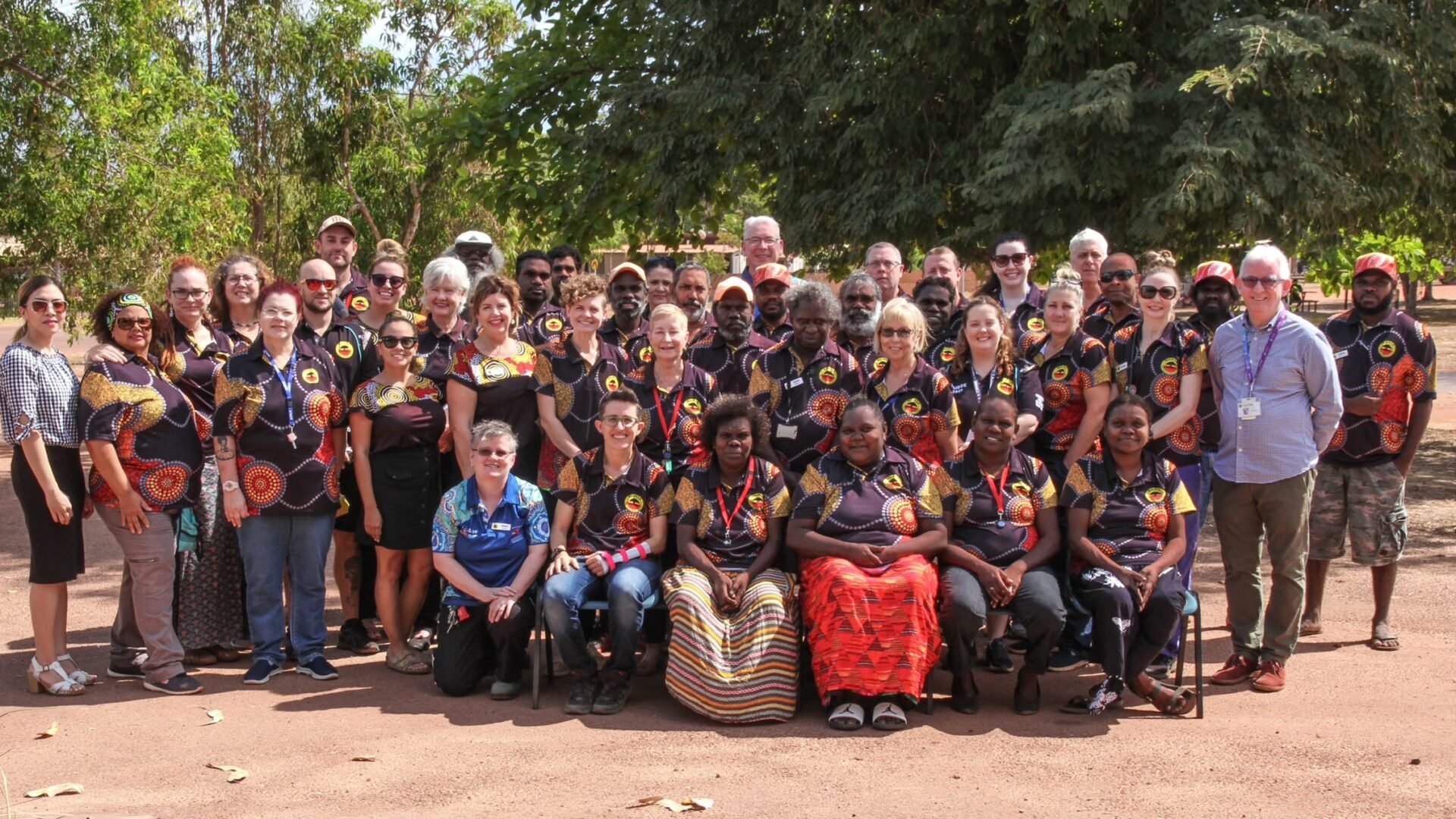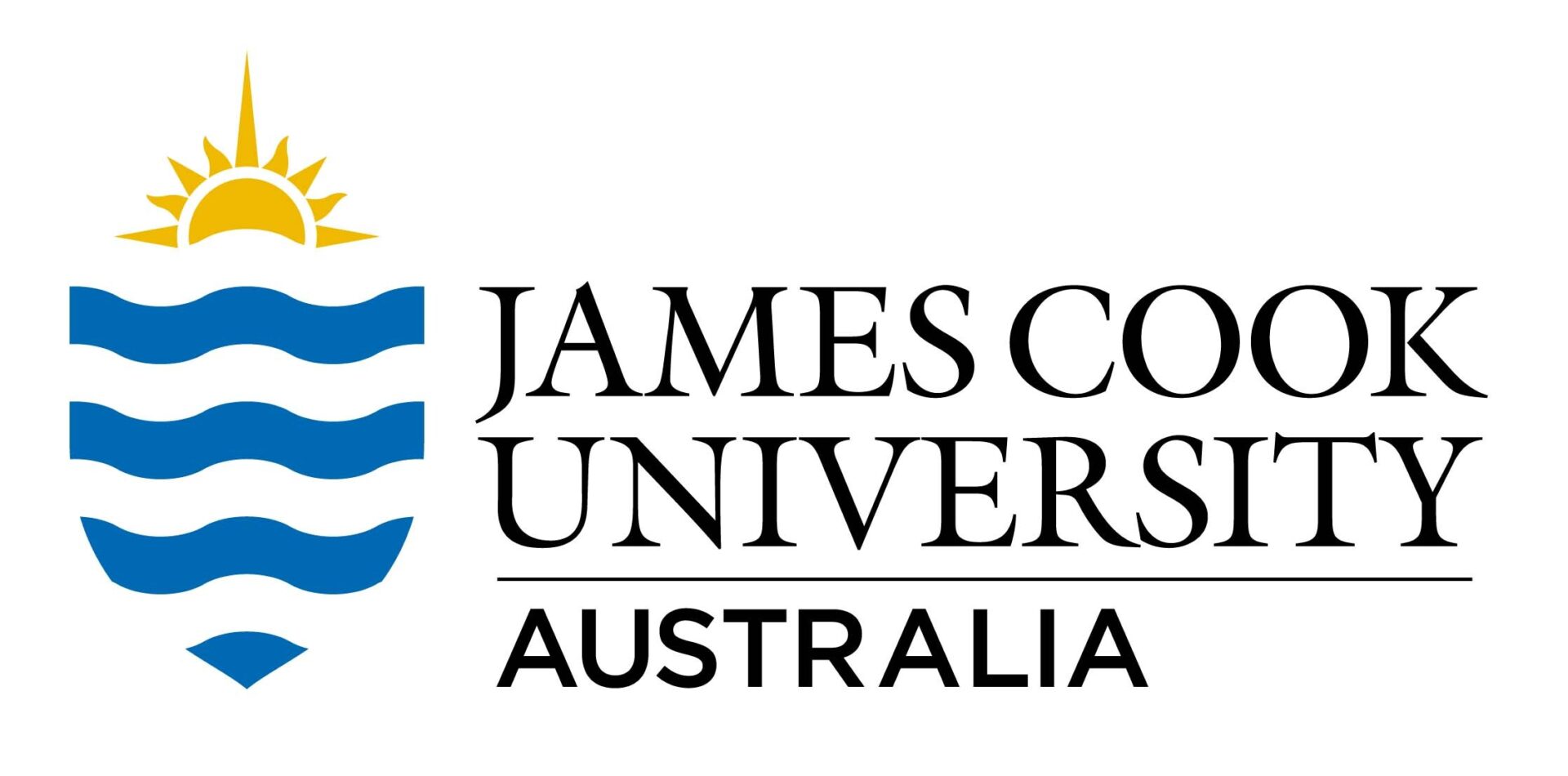After 20 years in public hospitals in her home state of New South Wales, RN Lorraine Harry sampled remote work with a stint in Mt Isa 12 years ago, before commencing as a nurse in the Territory nine years ago.
Lorraine has worked at the Maningrida Primary Health Centre since 2017, initially with NT Health. Then in 2020, she accepted a role as Quality and Safety Coordinator with Mala’la Aboriginal Health Service, shortly before the service commenced its final program-by-program transition from government to community control.
“Mala’la offered me a position to look at their gaps with the transition based on a NT Health gap analysis report,” Lorraine recalls.
“Even though the organisation has been around for more than 20 years, taking on the primary health sector tripled the organisation in size.
“Part of my role was to ensure we had all the quality and risk management systems, services and processes in place to support a safe and quality focused primary health service.
” To operate a service as an Aboriginal Community Controlled Health Organisation (ACCHO), it is necessary for a corporation to gain multiple accreditations.

The NT Government handed the last remaining programs to Mala’la Health Service Aboriginal Corporation in February 2021, giving them three months to prepare for Australian General Practice Accreditation Limited (AGPAL) accreditation survey that May.
That they gained accreditation on the first attempt reflects the hard work of the team, including Lorraine, who – among other achievements – helped implement of Logiqc Quality Management System and Communicare medical records system.
“Logiqc has everything in one space, accessible from any platform,” Lorraine explains. “It allows us to track staff training; have a repository for meetings, agendas, minutes; and gives staff ready access to all documents, policies, and procedures. It enables transparency of incident reporting, outcomes, and investigation… All these functions make it easy to manage a bigger workforce and staff.”
Meanwhile, the transition to a Communicare electronic medical records system, a preferred system among ACCHOs for its customisability and data capability, required the transfer of 4,500 client records across from the old Primary Care Information System (PCIS). “It was a pretty ambitious vision that the Mala’la Health Board had,” Lorraine says, reflecting on the difficulties other organisations have encountered transitioning from PCIS.
“It was a two-year project, with Telstra Health, NT Health and Mala’la, to make that happen.”
With these systems in place and the health service under community control, Lorraine feels vindicated in her move to the ACCHO sector.
“The best thing is the level of community engagement; how it empowers the community, knowing that now their health service is run by the community; and how we’ve been able to improve and expand services.

“We’ve got a lot more involvement now with the Traditional Owners, and the 14 different family groups in Maningrida.”
Lorraine is quick to point out that you don’t need her job title to be involved in continuous quality improvement (CQI).
“As RNs, that’s part of our role everyday – looking for ways we can improve,” she says. “A lot of people look at CQI as extra work, but when it’s done well and done properly, it actually improves your work satisfaction, makes your job easier and improves outcomes.”
Even though it’s everybody’s business, Lorraine counts herself as fortunate to have a job with this focus. “I’ve always had a passion for maintaining standards and creating an environment where excellence flourishes.”
“When going out remote, that passion was ignited even further because sometimes there is a sense of complacency – ‘it’s remote, you can only do so much, you don’t have all the resources or equipment’.

“But there is the ability to provide excellence in service, and to always look to improve what we do. It can just be the little things, the one per cent changes.
“A lot of people don’t see that because there’s a high turnover of staff in remote, but when you look back – even for me, looking back over 5 years’ time from when I started at the Maningrida Primary Health Service – I can see that there’s been quite significant change.
“That’s what keeps me motivated every day. I use an analogy with the staff if they feel a bit overwhelmed… “A stone is broken by the last stroke of the hammer, but that doesn’t mean that the first stroke is useless.
“Success is a result of continuous and persistent effort. Even if you may not be around to see that final stroke or outcome, you’re still part of that effort.
“While this award was awarded to me, I think it’s also an acknowledgment of every single person with a passion and a purpose in their work, striving to improve outcomes every day.
“The everyday quiet achievers often don’t feel like they’re seen or have an impact or influence on what’s happening around them.
“On reflection on receiving this award, I think that’s what it represents – and I hope that every other quiet achiever that is chipping away at that stone will appreciate that this award is for all of them as well – and most definitely for my team, and the wonderful mentors and teachers I’ve had over my career.”

